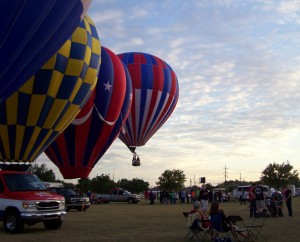India’s crude oil imports from Iran is facing a risk of potential disruption as increasing US and EU sanctions make it impossible for Indian ships to obtain insurance.
Greg Scoblete, The Compass Blog (Real Clear World):
I imagine if I were an Indian official, I’d be a bit peeved to learn that acting “responsibly” means privileging the interests of the United States over my own country. Nevertheless, Burns has a point. After all, India may rely on Iran for 12 percent of its oil imports, but look at what the United States has been willing to do for India:
Presidents Obama and Bush have met India more than halfway in offering concrete and highly visible commitments on issues India cares about. On his state visit to India in November 2010, for example, President Obama committed the U.S. for the very first time to support India’s candidacy for permanent membership on the U.N. Security Council.
I don’t know about you, but if the U.S. was asked to forgo 12 percent of its oil imports in exchange for another country’s endorsement for a seat on a multilateral forum, I’d make the trade. I mean, c’mon, 12 percent? The U.S. gets about that much from the Persian Gulf – and we barely pay that area any attention at all…
“The EU-India free trade agreement will be the single biggest trade agreement in the world, benefiting 1.7 billion people,” said president Barroso. “It would mean new opportunities for both Indian and European companies. It would mean a key driver for sustainable growth, job creation and innovation in India and Europe.”
The EU is India’s largest trading partner, accounting for about €86bn of trade in goods and services in 2010. Bilateral trade in goods rose by 20% between 2010 and 2011.”
Last year Israel supplied India with $1.6 billion worth of military equipment and is India’s second-largest defense supplier after Russia. Sales are only going to rise. Indian defense procurements from Israel in the period 2002-07 have touched the $5 billion mark.
And this doesn’t even get into the China-EU-US-Israel-Saudi Arabia wheels-within-wheels complications when it comes to arms deals, hoped for arms deals, trade deals, hoped for trade deals, energy politics, and the rest of it….
It’s not 1985, now is it? The past is a different country, a Russian (Soviet)-oriented Cold War country used to thinking in terms of “Kissengerian” alliances and blocs. An intellectual adjustment may be needed. It’s like 3-D chess out there….
Speaking of energy:
“Was Saudi Arabia involved?” (Asia Times Online.) If it makes you feel better, let me point out that Saudi petrodollars continue to fund all sorts of interesting educational activities on the subcontinent, in Africa, and elsewhere, along with Iranian monies. So that’s nice.
